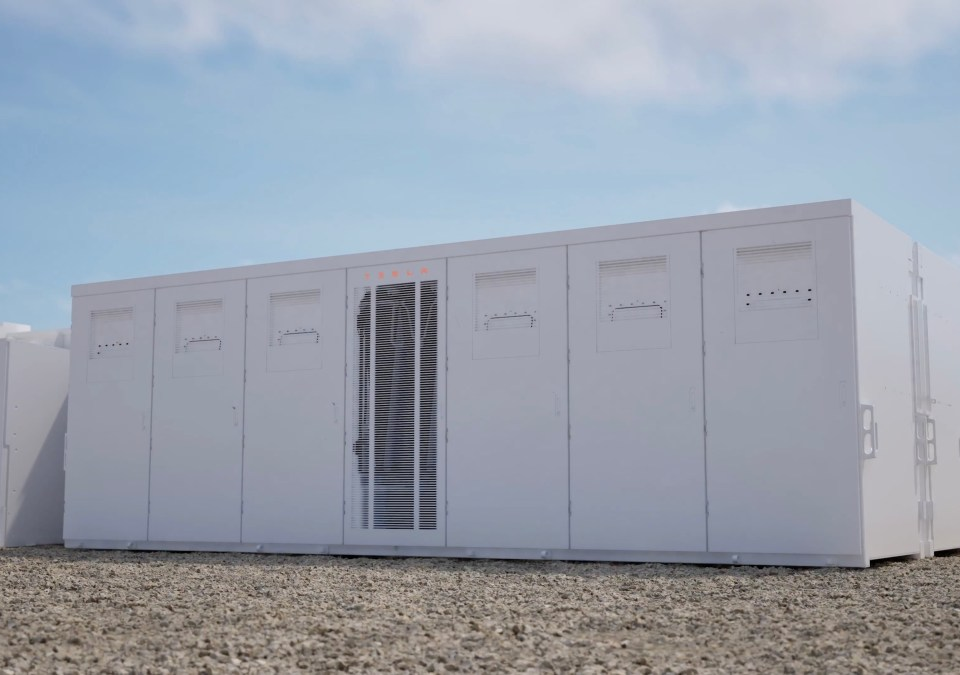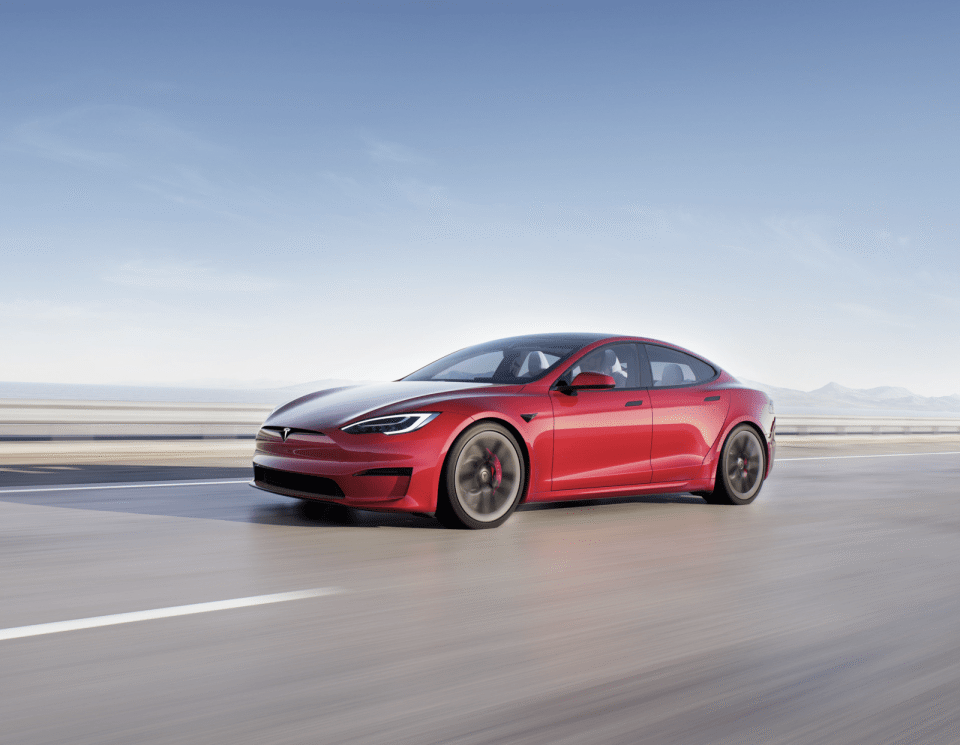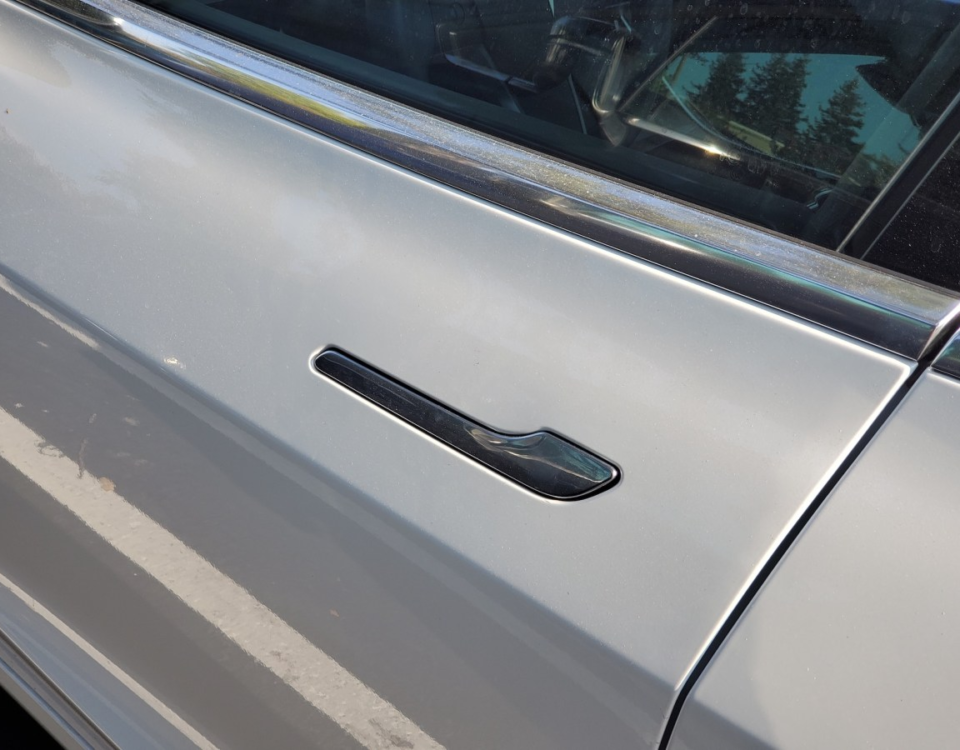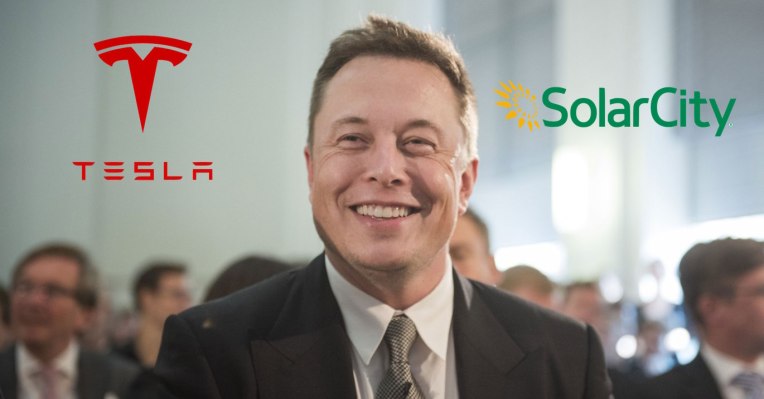
Elon Musk wins $13B suit over SolarCity deal Tesla shareholders called a ‘bailout’
May 5, 2022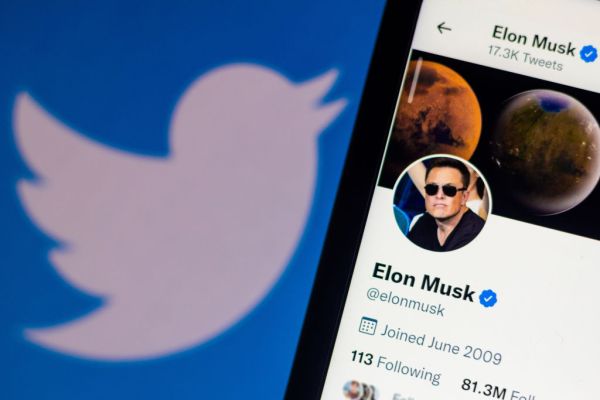
Judge quashes Elon Musk’s attempt to end SEC settlement over Tesla tweets
May 6, 2022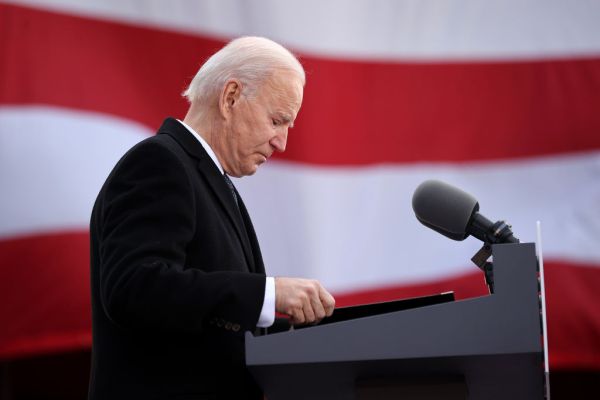
President Joe Biden’s administration said it will provide $3.1 billion in funding to support the domestic production of advanced batteries that will spur electric vehicle adoption. Proponents of the funding, which is part of the Bipartisan Infrastructure Law enacted last year, say supporting local battery initiatives will alleviate fluctuations in global oil markets, specifically the surging price of gas caused in large part by Russia’s invasion of Ukraine.
The White House said on Monday it will also set aside a separate $60 million in grants for battery recycling initiatives, both of which will support an effort to “reduce our reliance on competing nations like China that have an advantage over the global supply chain,” according to a Department of Energy statement.
The announcement comes about a month after Biden said his administration would trigger the Defense Production Act to secure U.S. sources of critical materials like lithium, nickel, cobalt, graphite and manganese that are used for EV batteries and energy storage.
Most of those minerals are processed in Asia today. As of 2020, China alone controlled 80% of the world’s raw material refining, 77% of the world’s cell capacity and 60% of the world’s component manufacturing, due to its large domestic battery demand. The $3.1 billion will help U.S. companies build new factories and retrofit existing ones to make EV batteries and related parts.
Tesla has been producing batteries on U.S. soil for years now, but other American automakers, most notably Ford and General Motors, are also setting aside billions of dollars of investment to control the supply chain at home.
General Motors has formed a joint venture with LG Energy to produce battery cells in the U.S. at multiple factories, and Ford is working with SK Innovation to do the same.
LG also recently announced a $1.4 billion investment to build a battery plant in Arizona, though it has not confirmed which automaker it will supply batteries to. Panasonic is seeking sites to build a factory in Oklahoma or Kansas and Toyota is also aiming for a U.S. battery plant to start production in 2025.

